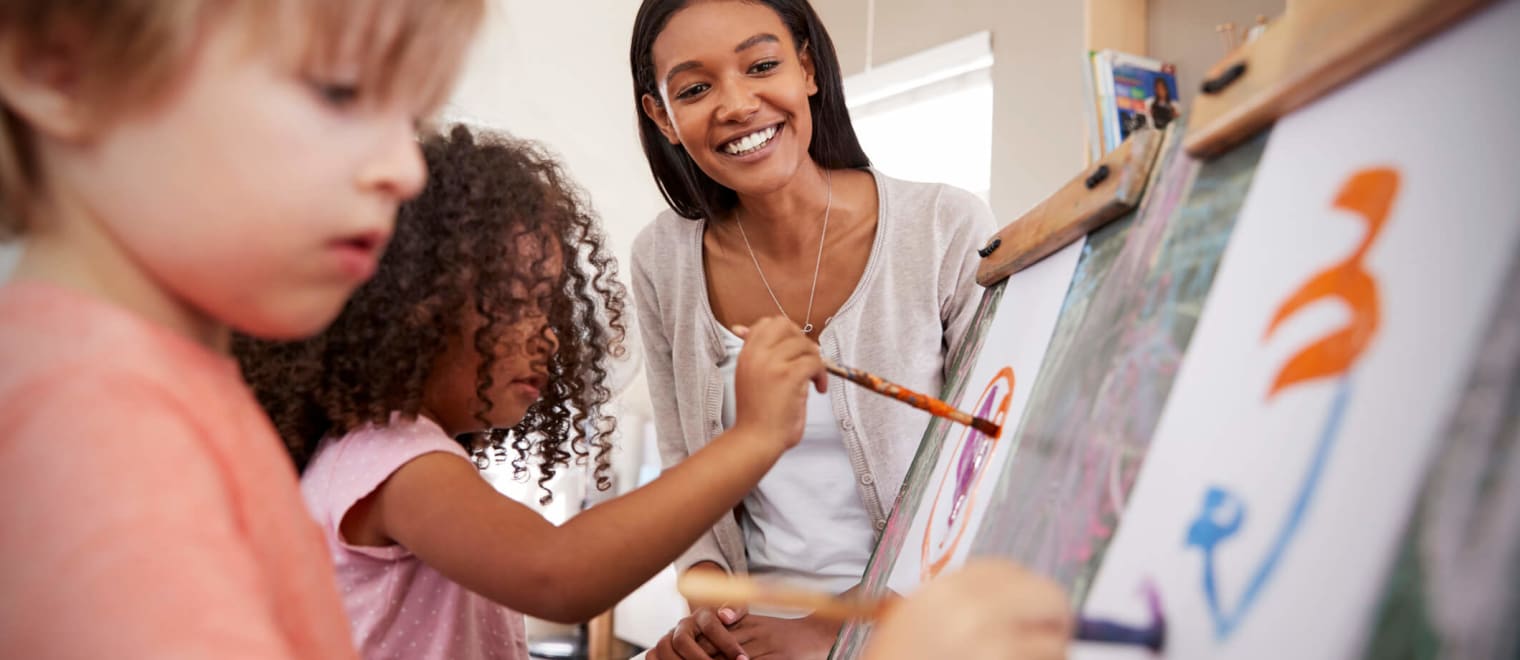This informal CPD article, ‘The Montessori Approach in Education,’ was provided by Transaid Consulting, who specialize in custom-tailored courses and programs designed to boost innovation, effectiveness, and productivity for both organizations and individuals.
With the world moving so quickly these days, parents are looking more and more for educational strategies that support their child's whole growth. Among these, the Montessori Method has become incredibly well-liked. Maria Montessori, an Italian physician and educator, created this method, which places a strong emphasis on a child's total development, independence, and self-directed learning. Montessori education serves a critical role in nurturing a whole child by fostering an environment that values autonomy, creativity, and discovery.
Understanding the Montessori approach
The teacher's role in a Montessori classroom is that of a guide or facilitator, not that of a typical instructor. They adjust their method in accordance with each child's distinct learning style, interests, and developmental stage, which they monitor. By closely observing the students, the teacher provides direction and introduces fresh materials or tasks that push and encourage the students to advance their knowledge and abilities.
The utilization of mixed-age classrooms is one aspect of Montessori education that sets it apart. Students in a three-year age range (e.g., 3-6 years) are placed together, in contrast to typical education systems. Because of the peer-to-peer learning and teamwork that this multi-age setting fosters, older kids can mentor younger ones while the latter learn from their elders. Children grow in a rich social environment, where they learn empathy, cooperation, and respect for others, thanks to this dynamic interplay.
Benefits of Montessori Education
The following is a list of some advantages that children receive from a Montessori education;
1. Fostering Independence: Montessori classrooms are intentionally created to help youngsters become more independent. Children are taught to take responsibility for their own education from an early age. They have the autonomy to select their own tasks and complete them at their own speed. Montessori approaches teach critical life skills and enable kids to become self-reliant thinkers and problem solvers by giving them the freedom to make choices, accept responsibility, and handle consequences.
2. Whole Child Development: A Montessori education acknowledges that a child's growth extends beyond their academic pursuits. The method focuses on supporting a child's development in all domains—physical, cognitive, emotional, and social. Montessori classrooms include practical life activities, sensory exploration, cultural studies, and the arts in addition to standard subjects like math and language. This all-encompassing method guarantees that kids get a well-rounded education that helps them discover their own skills and capabilities.














